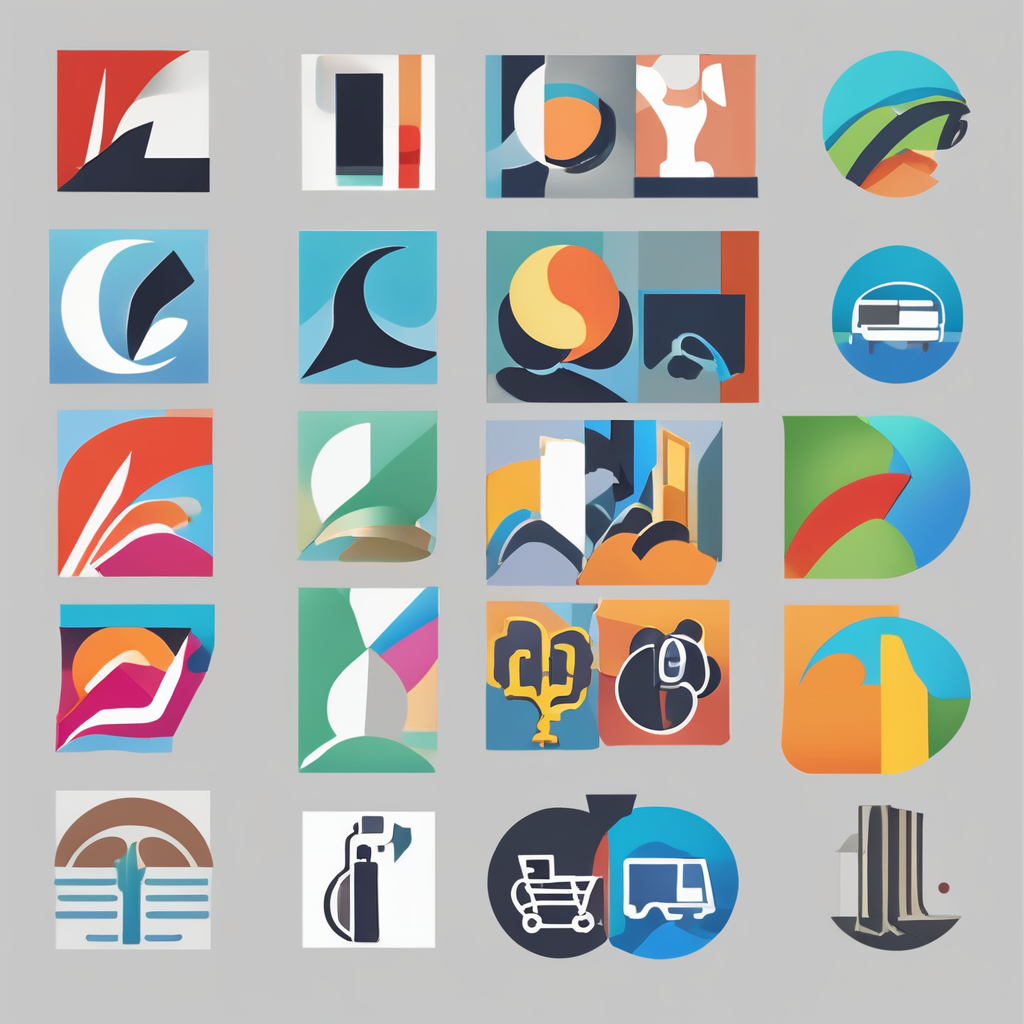Managing Chronic Medications
Before embarking on a journey, organization is essential, especially for senior travelers who rely on chronic medications. To effectively manage medication, leverage strategies like pill organizers and set reminders for doses on your phone. These practices can help ensure you maintain your regimen even while on the go.
Understanding medication regulations is crucial when traveling abroad. Different countries have varying guidelines for medicine, and some may even restrict certain prescriptions. It’s advisable to research these regulations in advance to prevent any complications at customs. Carry sufficient documentation, such as updated prescriptions and a letter from your doctor, to validate your medical needs. This can help ease the process if you encounter any queries from authorities.
Also read : Proven techniques for seniors to manage and monitor blood sugar levels effectively
Additionally, remember to pack medications in your carry-on luggage to guarantee access during the journey. This strategy is practical considering potential delays or lost checked baggage. Ensuring an adequate supply, possibly more than your anticipated stay, can cover unforeseen circumstances like extended travel. Through meticulous preparation, senior travelers can effectively manage their medications while experiencing new destinations with peace of mind.
Planning Your Long-Distance Journey
Embarking on a long-distance journey requires careful travel planning for seniors to ensure comfort and safety. Conducting thorough pre-trip research is essential. Investigate your destination’s healthcare facilities, local customs, and climate, as well as any travel restrictions. Senior travelers should also evaluate travel options that suit their health needs. For instance, selecting direct flights or train routes can minimize physical strain and reduce layovers.
Also to discover : Enhancing fine motor skills in uk seniors over 80: tailored exercises for empowerment and well-being
Setting realistic travel schedules and timeframes is crucial for a relaxed journey. Consider allowing ample time for rest breaks and avoiding overly packed itineraries. Planning days with manageable activities and rest days in between can help maintain energy levels.
Additionally, understanding available accommodations is vital. Opt for lodging with senior-friendly amenities, such as easy accessibility or medical support services. By integrating these strategies into your travel planning, senior travelers can embark on their journeys with confidence and peace of mind.
Packing Essentials for Seniors
When packing, seniors should focus on items that ensure both comfort and accessibility during travel. Comfortable clothing and footwear are crucial. Choose attire and shoes that are adaptable to different climates and allow for easy movement. Dressing in layers can also help manage changing weather conditions.
Essential Items for Comfort
Consider belongings that will aid in comfort while traveling. Items such as neck pillows, cozy blankets, and noise-cancelling headphones can significantly enhance the travel experience. These provide relief during long flights or waits.
Travel Gear for Accessibility
Selecting the right luggage and mobility aids is indispensable for ease and convenience. Aim for lightweight suitcases with wheels and ergonomic handles, which simplify navigation through terminals. If required, compact foldable canes or walkers can offer additional support.
Technology Aids for Navigation
Technology plays a pivotal role in modern travel. Utilizing travel apps and devices like GPS or smartphones can furnish up-to-date navigation assistance. Applications can identify landmarks, accommodations, and restaurants around your vicinity, ensuring a seamless journey. This convenience extends to accessibility features on phones, adapting to the needs of senior travelers.
Navigating Healthcare Abroad
Healthcare Access for Seniors Traveling is crucial to ensure a safe and healthy journey. Begin by thoroughly researching healthcare services available at your destination. Identify local hospitals, clinics, and pharmacies before departure. Understanding the quality and accessibility of these services can provide peace of mind, especially in case of emergencies.
Travel insurance plays a pivotal role in managing unexpected medical expenses. When selecting insurance options for seniors, ensure your policy covers pre-existing conditions and offers extensive overseas coverage. This safeguard can alleviate potential financial strain due to unexpected health issues.
Moreover, familiarize yourself with the location of local pharmacies to secure easy access to medications if needed. Obtain translations of medical terms to bridge language barriers and ensure clear communication with healthcare providers.
Preparation is key. List out all existing conditions and medications to share with foreign healthcare professionals. Ensure that travel insurance and local healthcare knowledge empower seniors to navigate healthcare challenges abroad confidently. This proactive approach allows for a smoother and more enjoyable travel experience.
Ensuring Safety and Comfort During Travel
Travel planning for seniors involves prioritizing safety and comfort throughout the journey. Seniors should adopt strategies to reduce travel fatigue, such as taking frequent breaks and relaxing during long trips. Opt for direct routes, avoiding unnecessary layovers or transfers, to minimise exhaustion.
Staying hydrated and nourished is crucial. Drinking sufficient water can prevent dehydration, a common issue during flights. Pack healthy snacks like fruits and nuts to maintain energy levels and keep hunger at bay. This approach helps ensure that seniors maintain their well-being throughout the journey.
Managing emergencies while traveling is also essential. Familiarise yourself with emergency contacts at your destination, including local emergency services and nearby medical facilities. Keep these contacts easily accessible. Consider carrying a basic first aid kit for minor health issues. This preparedness provides peace of mind, allowing seniors to address unexpected situations efficiently.
Simple yet effective strategies foster a travel experience that prioritises health and comfort. By attentively planning and anticipating potential challenges, senior travelers can confidently and safely enjoy their adventures.
Resources and Checklists for Senior Travelers
Embarking on adventures requires preparation, tailored to senior travellers’ needs. Creating a personalized travel checklist is a practical first step. This ensures nothing important is overlooked, from medications to essential travel documents. A comprehensive checklist boosts confidence, keeping important items and tasks in check.
-
Key organizations offer invaluable assistance. For UK seniors, Age UK and Silver Travel Advisor can provide tailored advice and support. They offer resources catered to older individuals, focusing on accessible destinations and other senior-specific needs.
-
Consider community support for additional assistance. Senior centres or local organizations might offer helpful advice or travel groups. Networking with others having similar interests and needs can enhance the travel experience, providing companionship and useful tips.
For additional support, consult reliable travel websites. Resources like GOV.UK provide up-to-date information on travel regulations affecting seniors. Leveraging these tools and communities ensures that senior travelers can embark on their journeys with thorough preparation and a strong support system.


